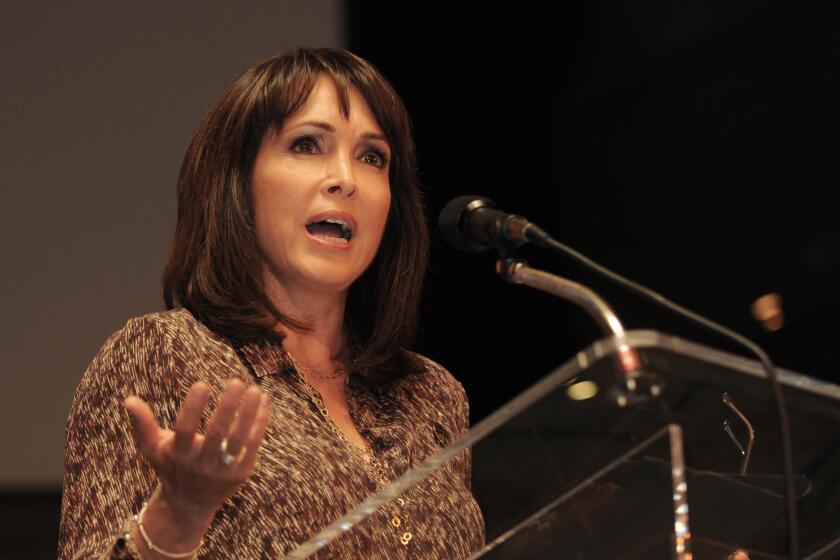Television Violence
- Share via
* Former FCC Chairman Newton N. Minow and Craig L. LaMay argued (Commentary, July 9) for “government intervention” to regulate violence on television.
Minow and LaMay ignore the fact that the speech of broadcasters--like that of any other speaker--is protected from censorship by the First Amendment. Even speech that is harmful, unless it is found by a court to fit the very narrow test for obscenity or incitement, is absolutely protected.
Congress recognized this in the Communications Act of 1934 by forbidding the FCC from censoring broadcasters, even though the commission grants them the license to broadcast. The use of public airwaves is irrelevant. Newspapers are delivered on public streets, protesters march on public grounds, most phone calls are carried on a public telephone network--none of these uses of “public” resources permit government control of the communication’s content.
Nor should it. Long ago this country determined to avoid government control of speech. The danger of allowing the government to determine what can be said--and shown--far outweighs the benefits of such regulation.
Minow and LaMay are free to demand greater “moral responsibility” from broadcasters. If they do not like television fare, they can rail against it in the media; they can organize boycotts against broadcasters and advertisers.
More importantly, they can turn the channel to other programming, fostered by the very First Amendment marketplace that they now wish to restrict. They can turn the television off; after all, television viewing is not a right.
What they cannot do--what the government is forbidden by the First Amendment from doing--is to sanitize broadcast television to protect their delicate sensibilities.
FRED H. CATE
Associate Professor of Law
Indiana University
More to Read
The complete guide to home viewing
Get Screen Gab for everything about the TV shows and streaming movies everyone’s talking about.
You may occasionally receive promotional content from the Los Angeles Times.






